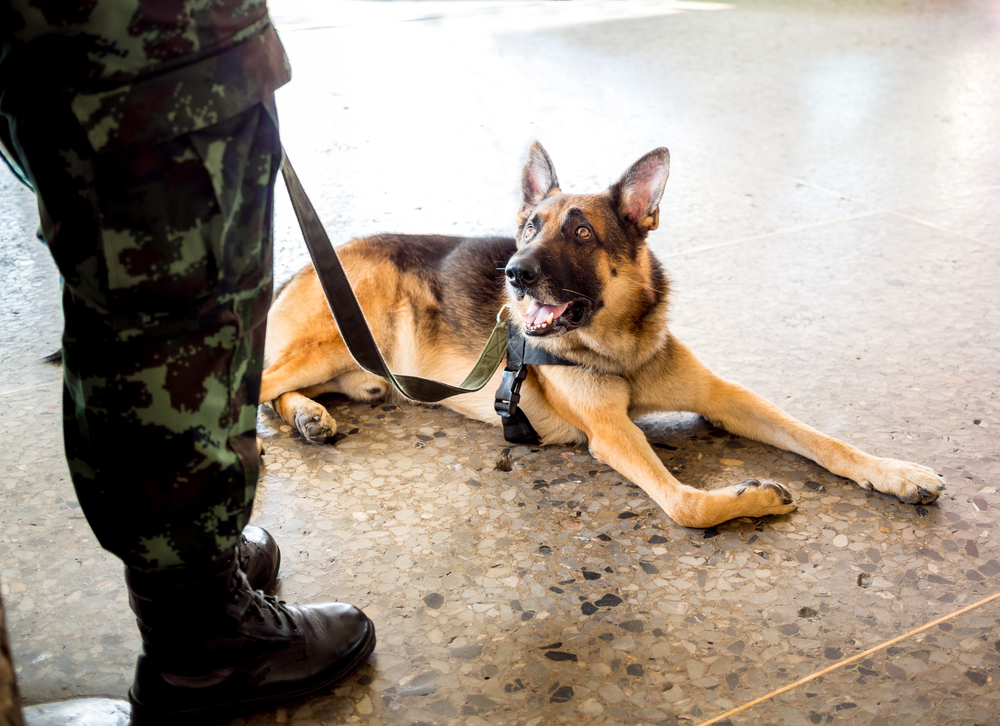
Researchers have found dogs working for the U.S. government are at an increased risk of Chagas disease, and the associated parasite is riddling them with heart disease.
At one time found only in Mexico, Central America and South America, Chagas has begun pressing forward into the United States, and both humans and dogs are vulnerable. In a canine case, researchers with the American Society for Tropical Medicine and Hygiene confirmed the discovery after attaching ECG monitors to animals throughout the nation. In all, they found that more than 100 dogs are already infected by the parasitic cause of the disease, indicating a growing threat.
“We were surprised to find that so many dogs, including those working outside of the kissing bug range, had been exposed to the parasite T. cruzi, and were exhibiting heart abnormalities associated with the disease,” Alyssa Meyers, a Ph.D. candidate at Texas A&M University who presented the findings, said.
Dog kennels and training facilities are particularly vulnerable to the disease because “kissing bugs” thrive in locations with high concentrations of hosts. Researchers theorize the government dogs may have been exposed while training in the South.
“Not all dogs that are exposed to the parasite develop cardiac disease,” Meyers said. “Many can live a happy, healthy life. We are trying to understand why some dogs remain asymptomatic, while others develop Chagas cardiomyopathy. These dogs play a critical role in our country’s security, and we want to make sure we are doing everything we can do to keep them healthy.”
Chagas can be fatal. While dogs themselves pose little threat of infecting humans, the fact that experts can only theorize, but do not know, where they picked up the parasites means they can’t say how at risk humans are as yet. Kissing bugs, however, are now found in 27 states. The saving grace may be that U.S. varieties are less likely to infest houses than their Mexican and Central American counterparts.
While this might be good news for humans, there is less optimism for infected dogs. No treatments specifically for dogs infected by Chagas currently exist, and traditional flea and tick repellants do nothing to repel kissing bugs or the Chagas parasite.




